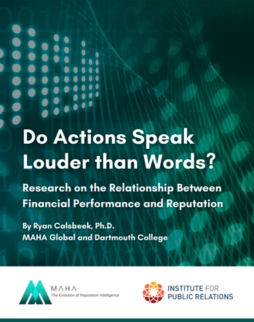This study appears courtesy of the author Dr. Dean Mundy, you can view the full report here.
Dr. Dean Mundy at the University of Oregon conducted in-depth interviews with leaders of statewide LGBT advocacy organizations in Massachusetts, Ohio, North Carolina, Georgia, Texas, Iowa, and Washington, as well as the executive director of the Equality Federation, to examine the various communication strategies used in political campaigns and to provide insights into how social advocacy could influence the democratic process at local, state, and national levels.
The interviews aimed to answer the question: “How do state-based LGBT advocacy organizations establish legitimacy and create collective understanding for movement issues and goals among diverse stakeholders?”
Some key findings include:
- LGBT community-based spokespersons conveying personal stories are more important than the use of statistics.
- The perfect messenger often is more important than the perfect message.
- Change occurs from the ground up through a “spiral of advocacy”; real change requires a critical mass of support locally.
- These findings reinforce public relations’ role as managing organizational legitimacy.
- PR can be used as a tool for democracy and social change.
Read more to learn about the communication and outreach strategies used by state-based LGBT advocacy organizations. Full study available here.




